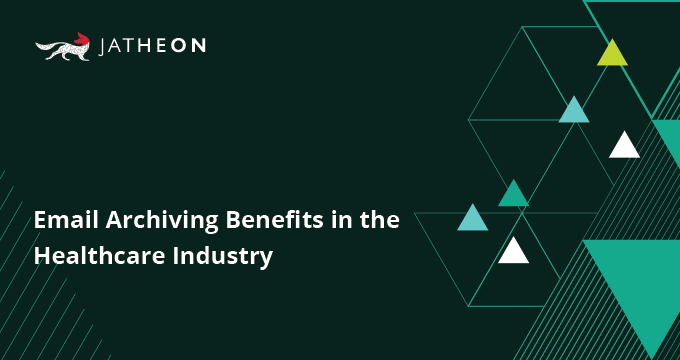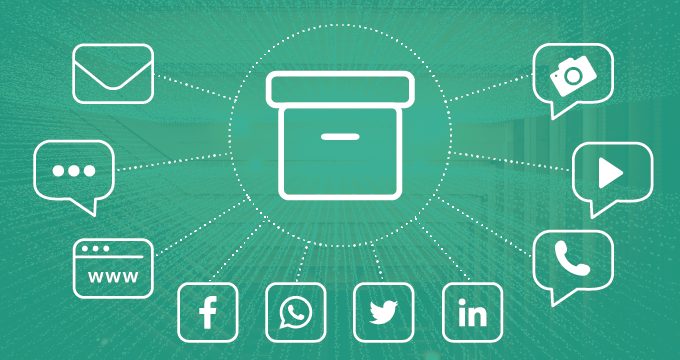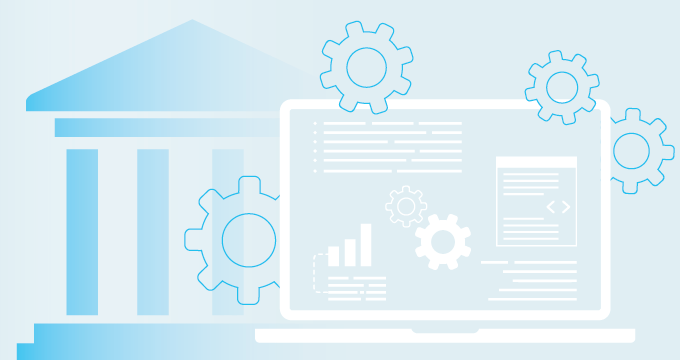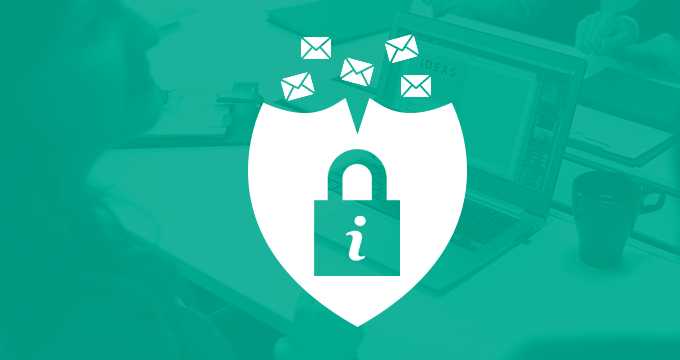Introduction
With healthcare being a highly-regulated industry, healthcare providers need to preserve all records and communication data, including electronically stored information (ESI) and ensure it is stored safely in a secure and private repository.
Discussions with patients or other professionals, as well as sensitive patient records need to be kept secure while remaining available for future reference. Keeping information safe in the healthcare industry is a regulatory necessity. The issue is further complicated by recurring data breaches and continual leakage of sensitive information.
For more information on email archiving benefits in the healthcare sector and how Jatheon can assist you in finding the right archiving solution for you, schedule a personal demo.











